16 Best Alcohol and Drug Rehabs in Vancouver, WA 2025
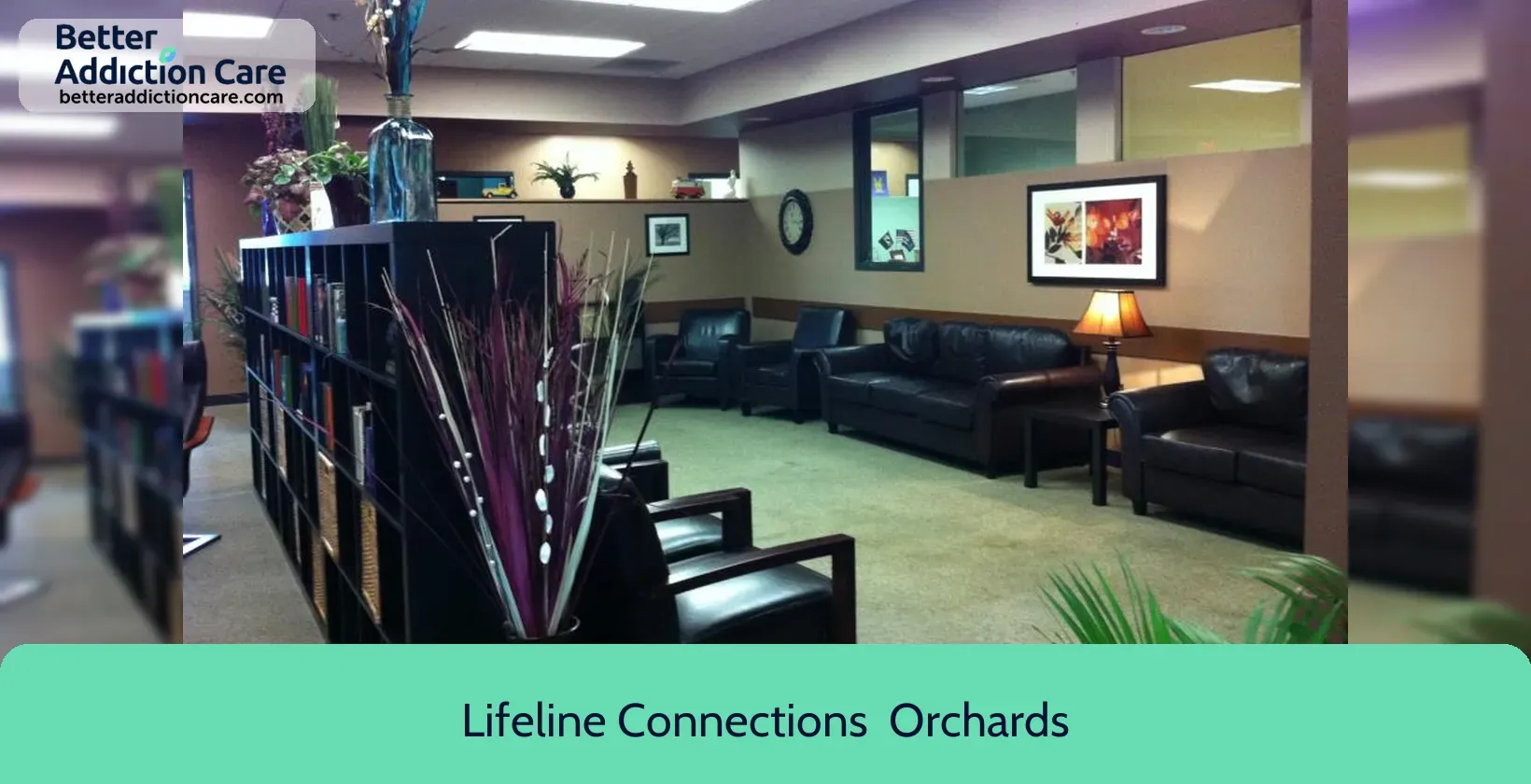
7.48
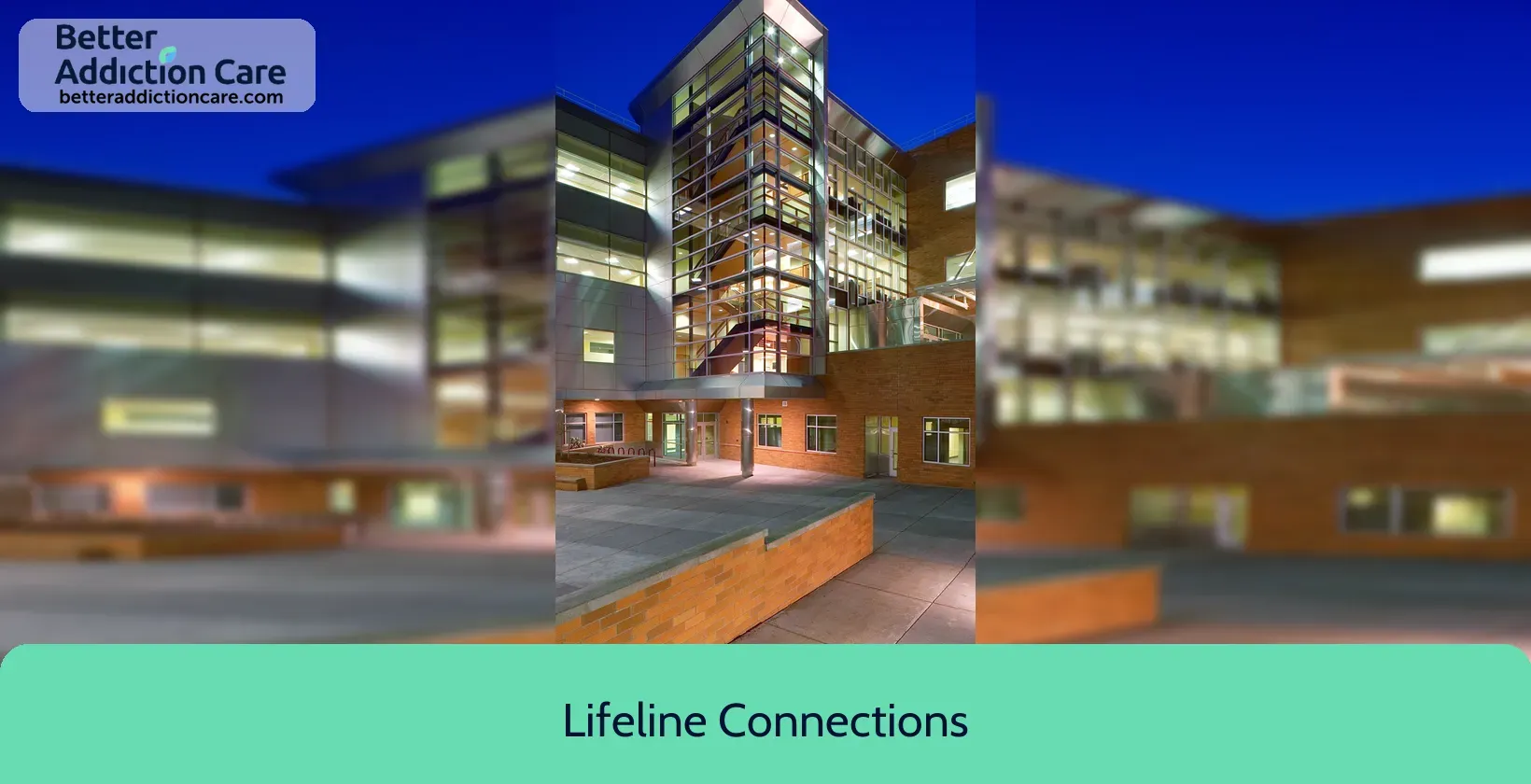
8.16
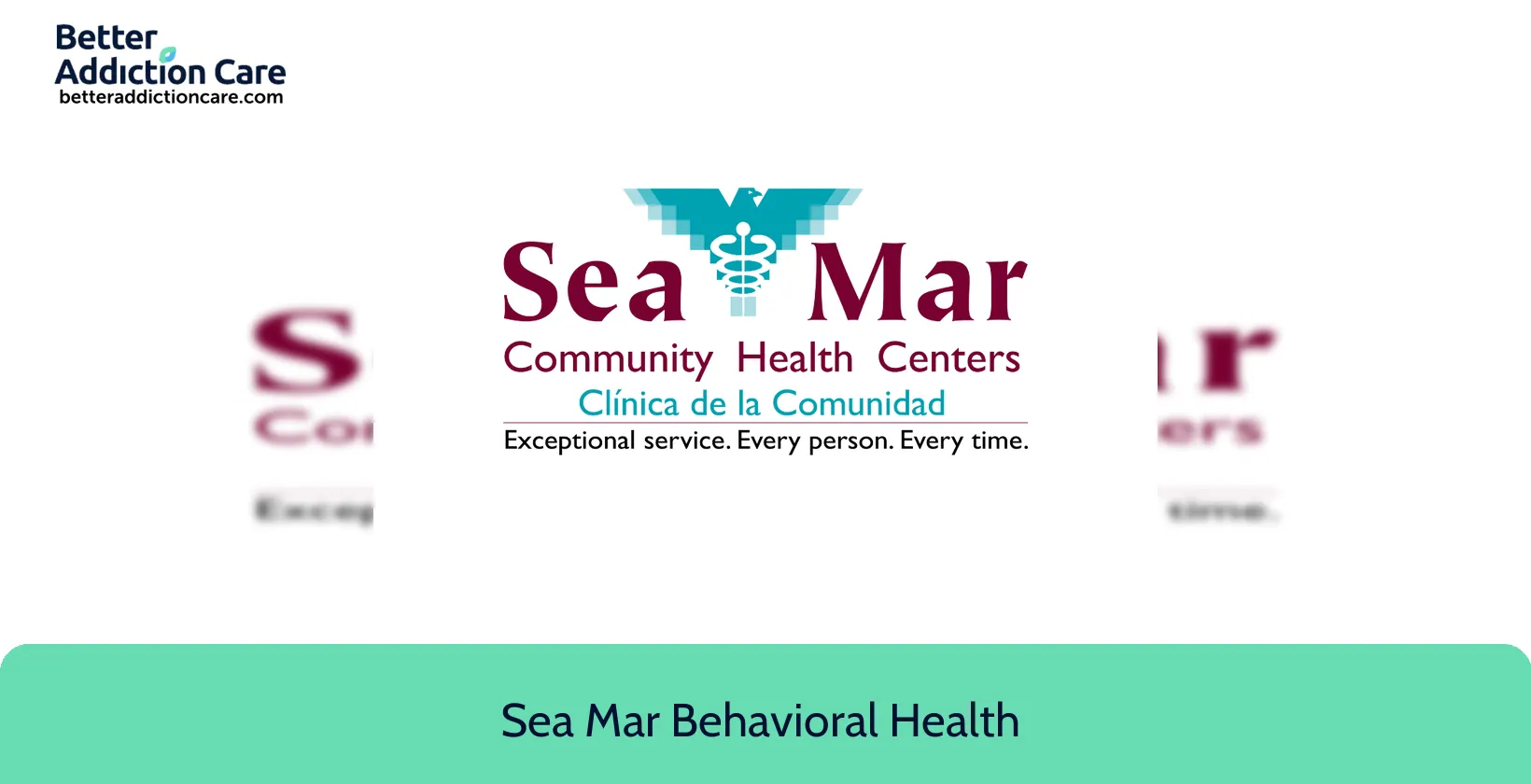
6.75
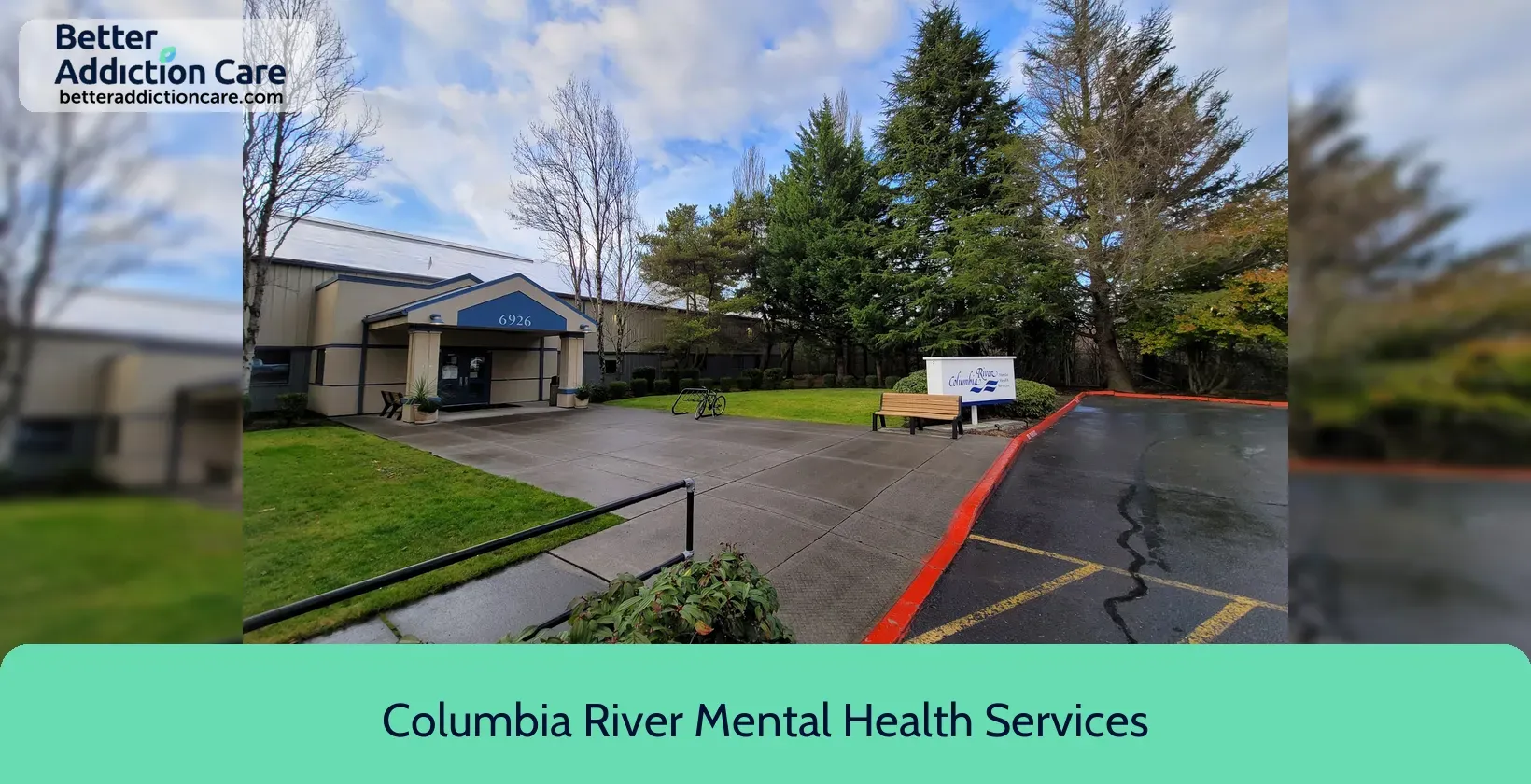
7.69
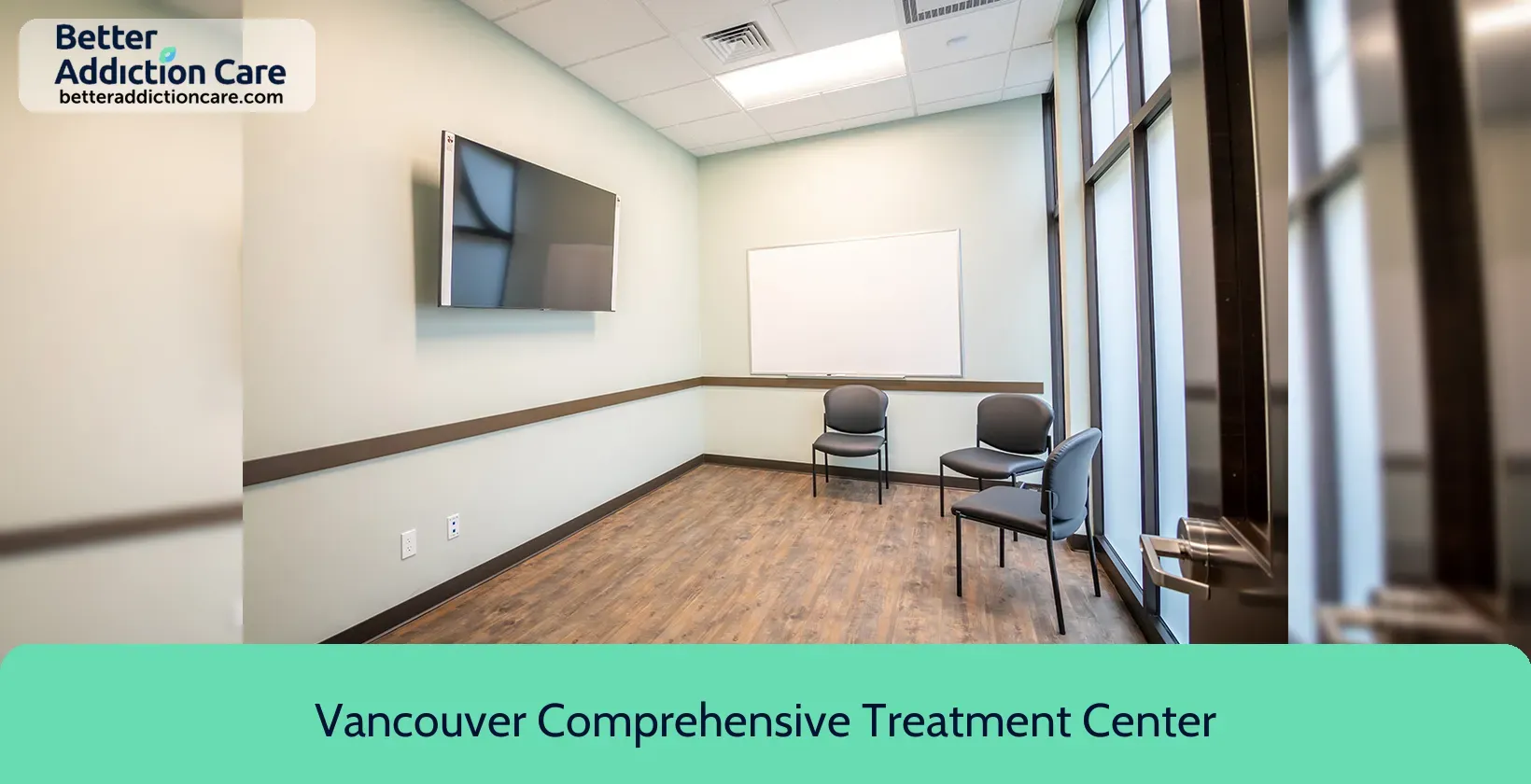
7.11
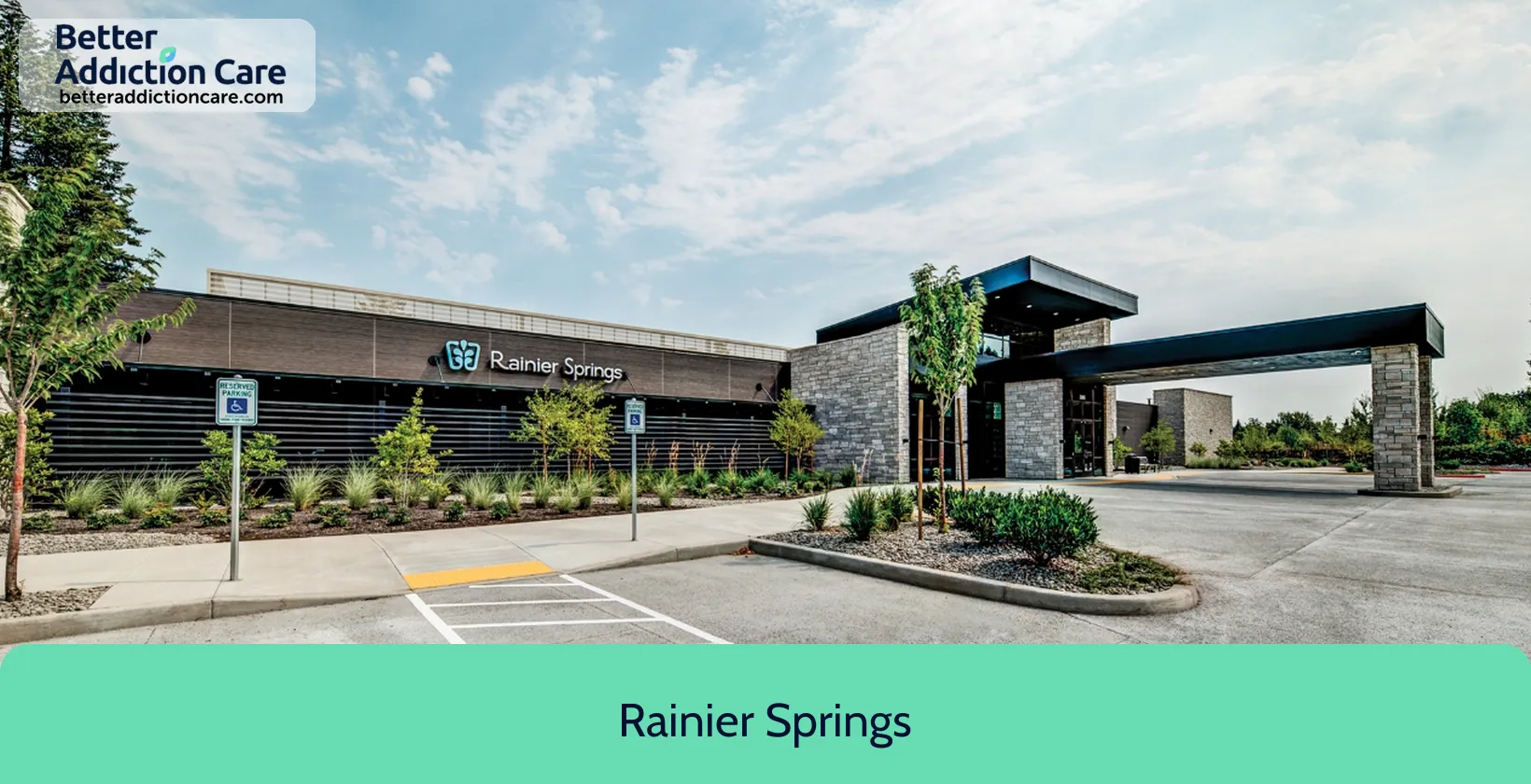
7.49
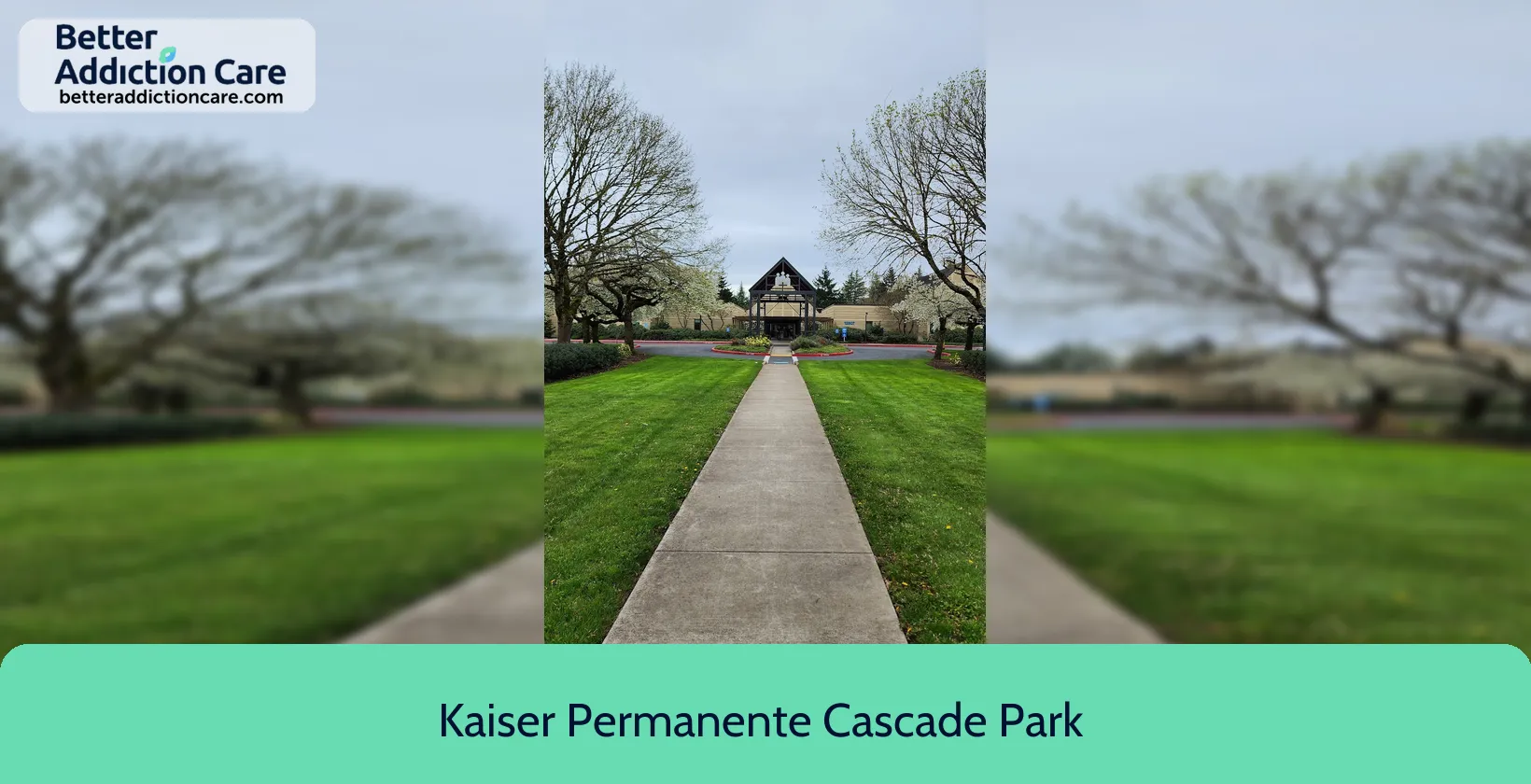
7.23
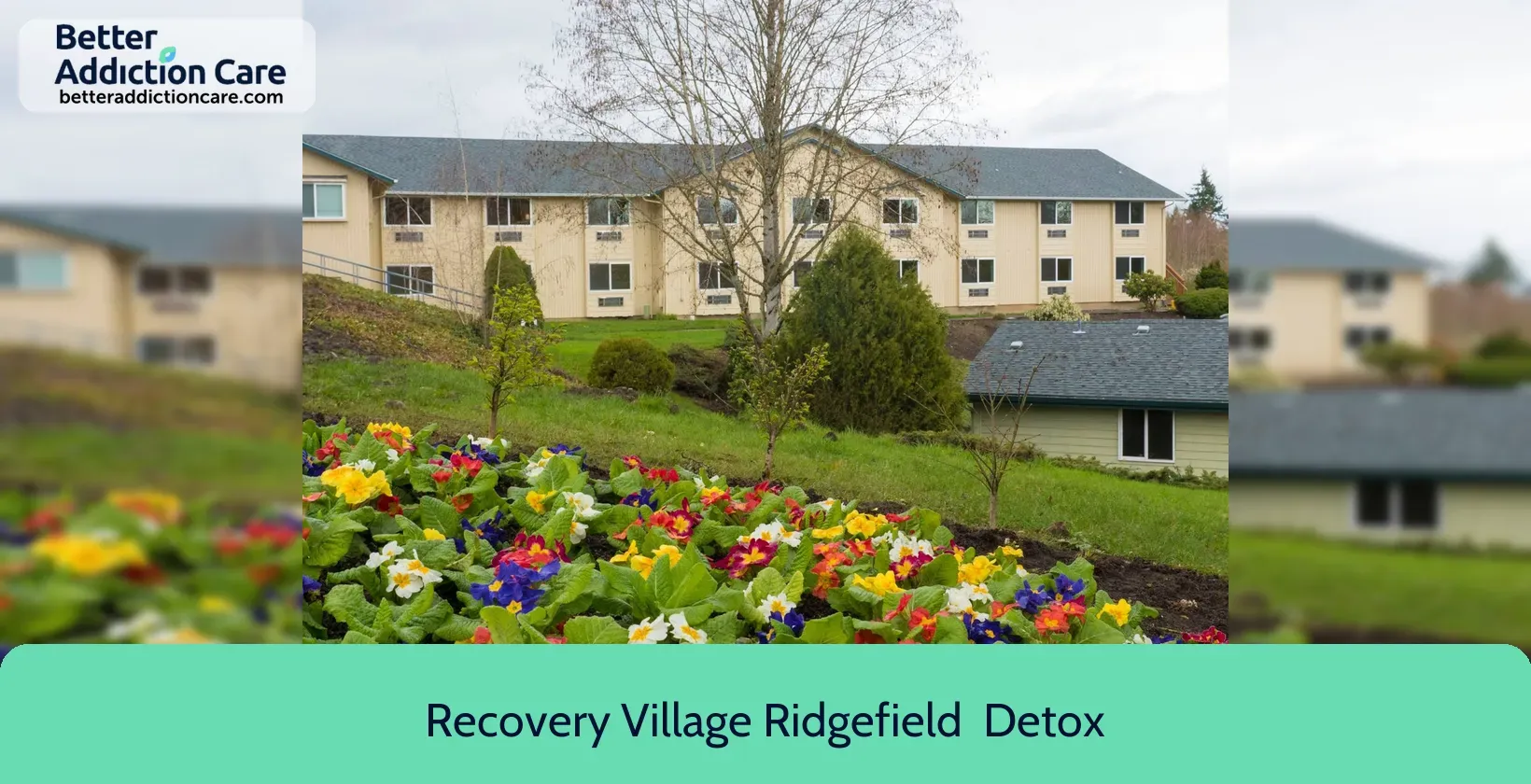
7.59
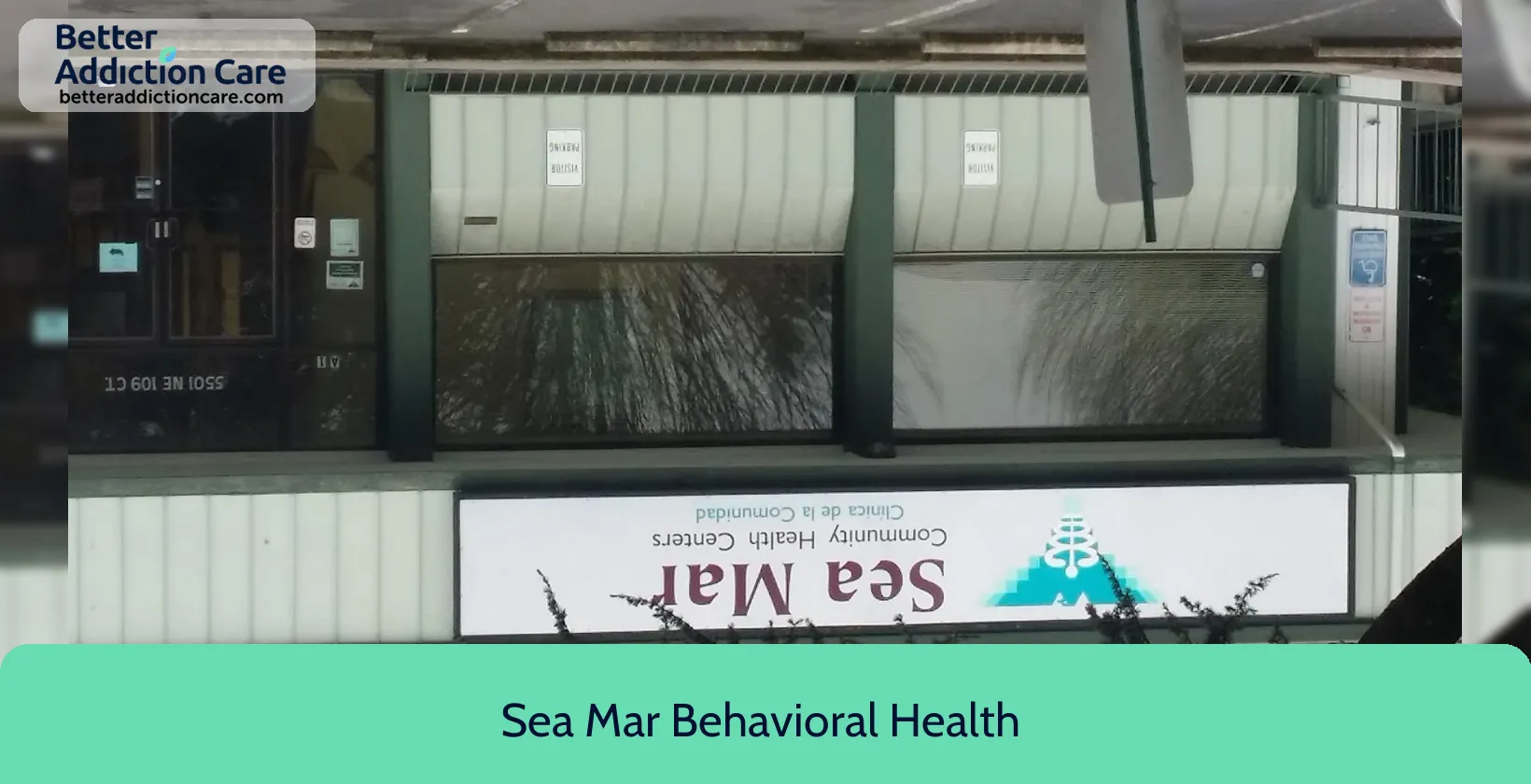
6.65

7.09

6.97

7.10

6.75

6.62

6.65

6.65
Local Rehabs in Washington
Common Questions About Rehab in Vancouver
Take a look at our FAQ. We've tried to fill it with all the answers you're looking for. And if not, contact us on (888) 349-0436.


